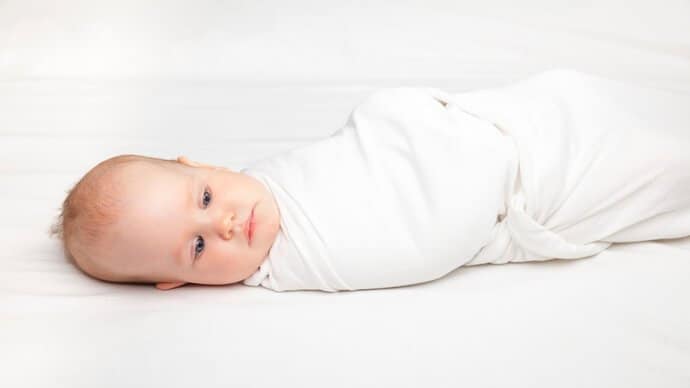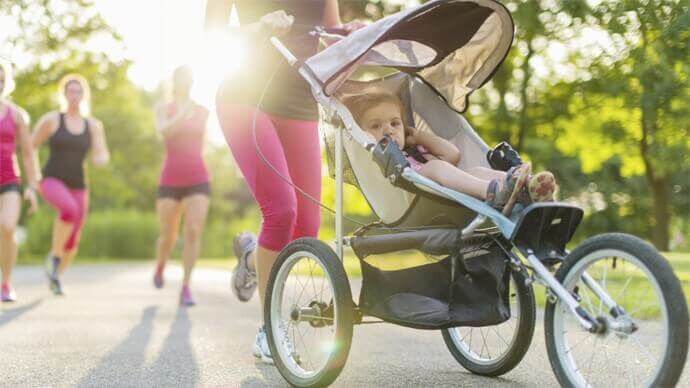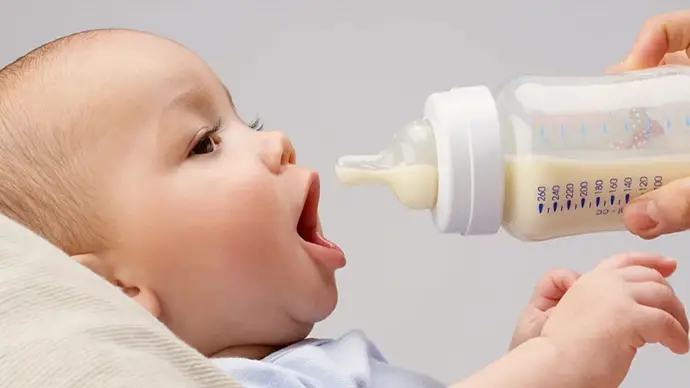New parents must be on guard every time they feed their little one. This is because infants are more likely to get gas and other digestive problems from eating formula when it contains a lot of air bubbles. So, the answer is yes, too much foam in the formula cause gas. However, not all babies will have gas after drinking formula with foam. You should consult your doctor before changing the type of formula you are giving your baby.

How do I know if the formula is making my baby gassy?
If your baby has a hard time sleeping at night or seems to be uncomfortable during feedings, he might have gas. However, there are many other factors that you should consider when deciding that the formula is making your baby gassy.
Gas in a baby’s belly may also form due to reasons other than formula.
In the first week of life, many babies experience colic, delayed or regurgitated feedings and an immature digestive system that isn’t capable of breaking down food completely. This can lead to symptoms such as belching (air swallowing), abdominal bloating (gas) and diarrhea. As the digestive system matures, these symptoms should disappear within two weeks with the proper introduction of increased volumes of food at each feeding time.
How to prevent the formation of air bubbles in baby formula?
The more bubbles there are in a bottle of formula, the more gas your baby will have. It is important to be mindful of the amount and type of bubbles in your formula or milk. Here are some ways to ensure that you are feeding your baby formula without too much air.
- Make sure that the water you use for mixing your baby’s formula is not too hot or cold.Water that is too hot can evaporate and leave air bubbles in the bottle.
- Make sure the bottle is specially designed to minimize airflow.
This will help prevent the formation of air bubbles in baby formula. Choose bottles with vents that reduce air pressure or shapes that minimize it until you find one that works best for you. Here are few baby bottles that you can choose from
- When mixing powdered formula with water, stir it rather than shaking the bottle.
Shaking can introduce air bubbles into formula that may make your baby gassy. Pour the formula into the bottle rather than measuring it and then filling it with water to prevent air from entering.
- *Your baby will typically take a certain amount of formula per feeding. Use a bottle that holds this amount.
When your baby drinks from large bottles with small amounts of formula, there is more room for air, so he can more easily take in the air.
- Make sure the nipples of the bottle are vented and drips milk one drop at a time while upside down.
It will help to avoid air bubbles making contact with your baby’s mouth. These nipples also prevent your baby from swallowing air because fast sucking can cause gulping.
Is it normal to have foam in infant formula?
It is normal for a few bubbles to form in the bottles of formula and it does not always mean that the bubbles will cause the gas.
When to switch formula because of gas?
First, use natural remedies that relieve gas before switching to infant formula, such as a massage, a burp, holding your baby upright, and supervised tummy time.
Massage helps to soften stools and makes it easier to get out gas bubbles in the baby’s stomach. The massage should last for two minutes at each spot that causes the most pressure.
Burping after eating helps to get rid of the bubbles that are in your baby’s stomach. Here’s a visual guide about the right burping technique to help baby’s digestion.
Holding your baby upright may also relieve gas. Ensure your baby is sitting upright against your shoulder with his/her head supported at the back.
Supervised tummy time also helps to have your baby lie on his/her belly and gain strength in the abdominal muscle, which helps to make it easier for the gas bubble to escape.
If these remedies do not work, it is time to talk to your baby’s doctor about switching from the infant formula you are using.
If your pediatrician suspects your baby is allergic to the type of formula which is causing excessive gas he/she may suggest switching formula. Since formula dose needs to be carefully calculated, it is best to consult your pediatrician about a formula change before using an alternative.
I hope this article was helpful and cleared up any questions you had about foam in infant formula!
You may also like to read about Breastfeeding Tips to make it easy and enjoyable.




